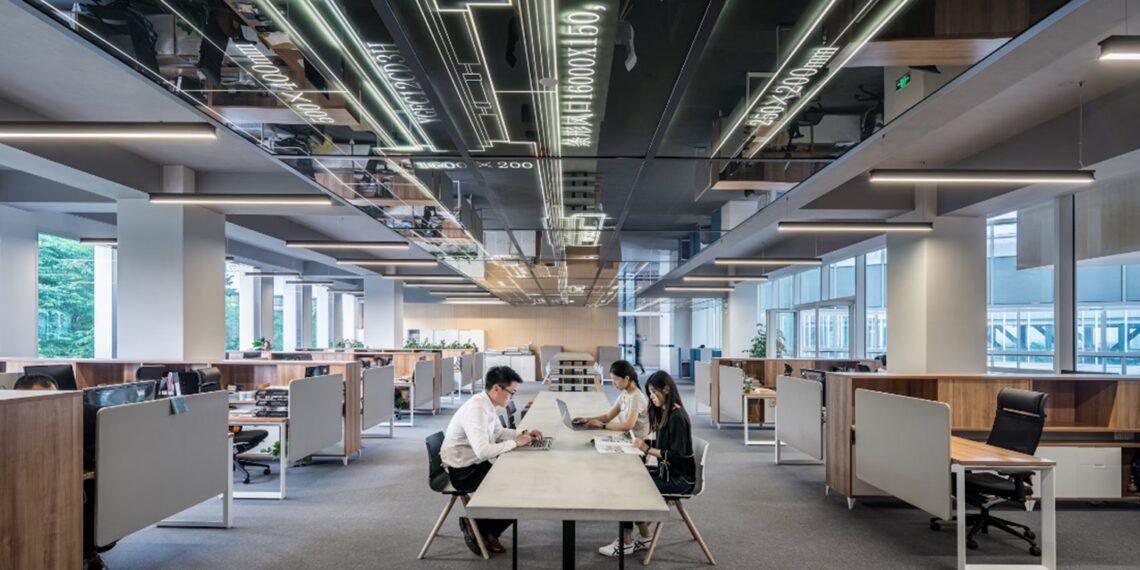By Shiwangi Sharma, Nandini Srivastava, Gauri Bhasin
COVID changed the way we work. It also changed the way employees see their work. It could have huge implications.
Change is coming so fast in the workplace that employees are asking existential questions about what they’re doing and why.
While billionaire Infosys co-founder N R Narayana Murthy wants India’s young people to work 70 hours a week to “boost the Indian economy”, employees are more likely to be re-evaluating the meaning of their jobs.
Among their questions – How does my work matter? What is the purpose of my work? Am I proud of my workplace? Is there any meaning in my work? Do I enjoy this work?
They’re also asking what gives work true meaning. Is it the number of hours someone works, what they produce, or something else?
These questions have come into sharper focus since COVID changed the way we work and prompted organisations to rethink work culture.
The idea of a more human-centric workplace has taken root and is producing results.
One report revealed that 65% of employees said the pandemic forced them to rethink the purpose and importance of their work. More than eight in 10 said organisations were focusing more on them as individuals as opposed to just a faceless employee.
This human-centric work environment leads to drastic reductions in worker fatigue, better retention numbers and performance, which is improved more than threefold.
But there remain challenges in the transition, with organisations encountering difficulties in managing talent, worker fatigue, social shifts due to external changes in environment and technology, costs and a surge in the use of artificial intelligence and automation.
For many, work needs to value them and be aligned with their values.
Business success can better be measured when the purpose of the workplace is aligned clearly with the individual goal, not a massive increase in work hours, as suggested by Mr Murthy.
To ensure a meaningful work environment, bosses are encouraged to provide and enhance strategic clarity, coaching and empathy to their employees. Team performance, collaboration, tech innovations and improving their employees’ skills can all help this.
There is also a need to recognise, respect and reward individual acumen and have provision for training and upskilling to expand employees’ abilities beyond their own role to engage meaningfully in different roles and opportunities in the organisation.
But not all organisations will hold on to their people.
It is estimated that one in every 16 employees may switch jobs by 2030. That equates to more than 100 million people across eight major economies — China, France, Germany, India, Japan, Spain, the UK and US.
Retaining talent will mean changes in work practices. Redesigning the workplace, restructuring talent and skills, digital enablement, hybrid working, cultural rejuvenation and human-centric work design will all play a role.
Whether with on-site or hybrid work, sustaining workers’ performance is another challenge. For organisations to keep up with global workforce transitions needs a reworking of existing attitudes towards work.
As attitudes change, so does the nature of individual jobs.
Highly skilled work in healthcare and science, technology, engineering, and maths (STEM) will increase in demand.
E-commerce, the green economy, remote working culture, digital technologies, AI and automation are some more areas which are set for growth.
With their incorporation, organisations can direct change in the context of technology-driven and automated systems. These approaches lead towards a key area of restructuring and creating a new framework for the future of work.
Indeed, these shifts are redefining work culture and signal the need for collaborative, often technology-driven practices while also nourishing interpersonal interaction.
This brings us back to the first question about what gives this new form of work its meaning.
It will be for employers to align employees’ work with the organisation’s larger purpose, redesign employee retention strategies to increase their sense of ownership, enhance their well-being and create a sense of belonging.
It is when this happens that employees can value and appraise their jobs beyond monetary terms and as meaningful work.
Dr. Shiwangi Sharma is Assistant Professor, School of Leadership and Management-Post Graduate, Manav Rachna International Institute of Research and Studies.
Dr. Nandini Srivastava is Director of the Council for Doctoral Program and Professor, School of Leadership and Management-PG, Manav Rachna International Institute of Research and Studies.
Dr. Gauri Bhasin is Chief Operating Officer and Executive Director, Marketing and Admissions, Manav Rachna International Institute of Research and Studies.
Originally published under Creative Commons by 360info™















